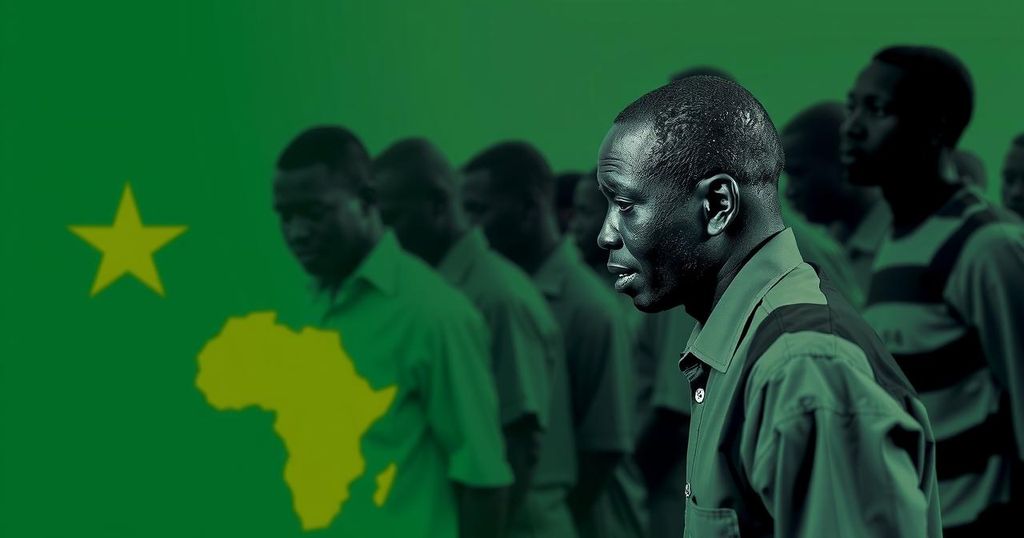The UN has condemned the further delay in South Sudan’s elections to December 2026, expressing regret over the ongoing political stagnation. The extension of the transitional period until February 2027 exacerbates frustrations among citizens. While the UN Mission enhances civic engagement ahead of the elections, the humanitarian situation remains dire amidst escalating violence and the influx of refugees.
The postponement of elections in South Sudan has raised significant concerns among the international community, as articulated by the UN Special Representative, Nicholas Haysom, during a recent briefing to the Security Council. Originally scheduled for next month, the elections have been delayed until December 2026 due to the extended transitional period, now lasting until February 2027. Haysom lamented this development, highlighting the growing dissatisfaction among South Sudanese citizens regarding the inaction of their political leaders in implementing the peace agreement and moving towards a democratic transition. South Sudan’s struggle for stability began with its independence in 2011, followed by a civil war that erupted in 2013. The 2018 Revitalized Peace Agreement was intended to end this conflict, yet recent extensions have led to frustrations about a political stalemate. Haysom emphasized the critical need for South Sudan’s leaders to negotiate compromises and take decisive actions to meet essential benchmarks outlined in the peace agreement. He noted that political interests have overshadowed the implementation of the accord, resulting in stagnation as the countdown to the elections continues. Amid these challenges, efforts are being made to support the upcoming elections. The United Nations Mission in South Sudan (UNMISS) is working closely with civil society organizations to enhance civic education and foster political participation. Haysom pointed out that the elections are not merely a UN initiative but represent the South Sudanese people’s first sovereign votes since independence. Additionally, humanitarian difficulties persist in the region, exacerbated by violence following the rainy season and a subsequent influx of refugees. The UN highlighted that while aid has reached millions, severe funding shortages and the ongoing conflict in neighboring Sudan continue to complicate recovery efforts. The UN Special Representative has reaffirmed the international community’s responsibility to ensure that this transitional period does not pass without tangible progress toward peace and democracy. The time for action is critical, as underscored by the urgent need to set the foundation for successful elections and a sustainable path towards stability in South Sudan.
The ongoing situation in South Sudan represents a complex interplay of political, humanitarian, and social challenges that have persisted since the country gained independence in 2011. The initial optimism surrounding its independence quickly dissipated as internal conflicts led to a devastating civil war. The Revitalized Agreement signed in 2018 was a spark of hope for peace and democratic governance, aiming to unify the country and establish a framework for elections. However, delays and a lack of political will have hindered progress, leading to widespread frustration among citizens and heightened humanitarian needs, compounded by instability in the region.
In conclusion, the latest decision to delay elections in South Sudan until December 2026 reflects the ongoing political impasses that undermine attempts at peace and democratic governance. The dissatisfaction among the populace highlights the urgency for political leaders to commit to productive dialogue and action. With significant humanitarian challenges exacerbated by conflict and natural disasters, the international community’s support is vital in facilitating a stable transition towards democratic elections and recovery efforts across the country.
Original Source: www.miragenews.com






